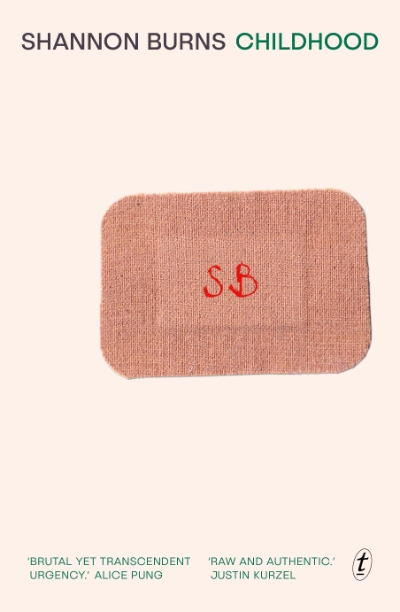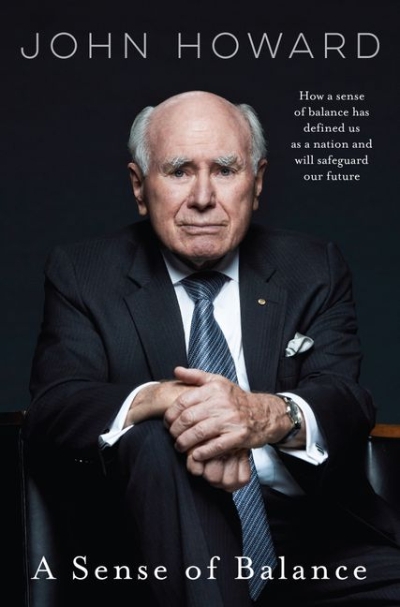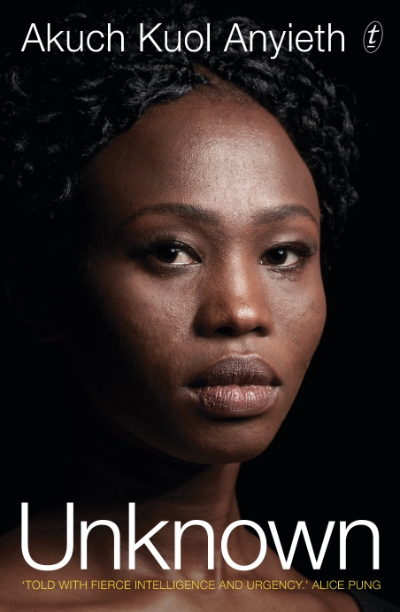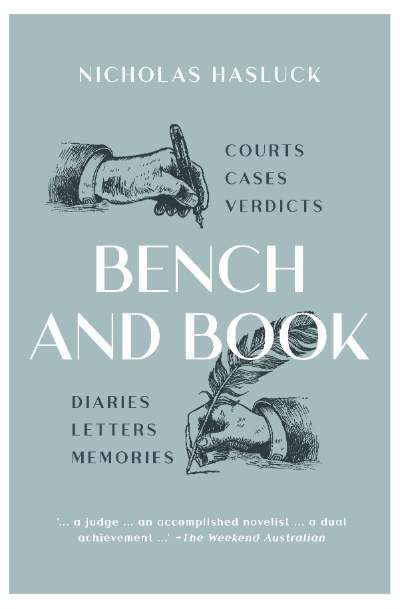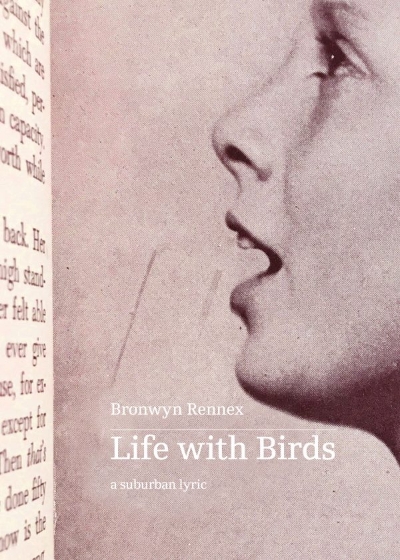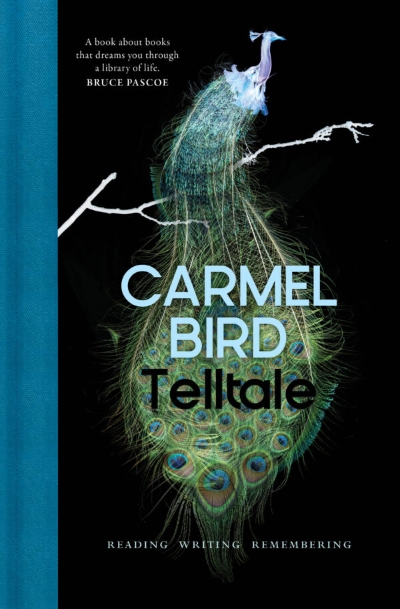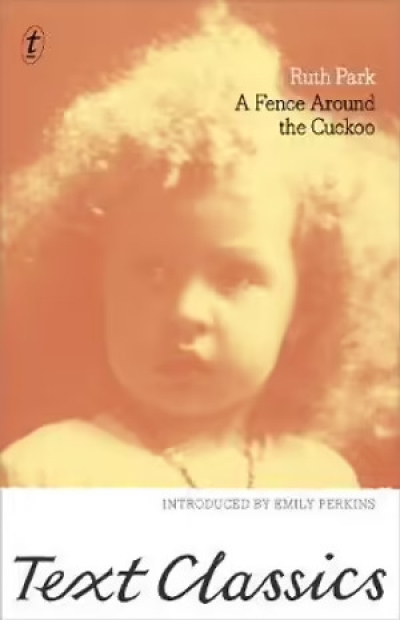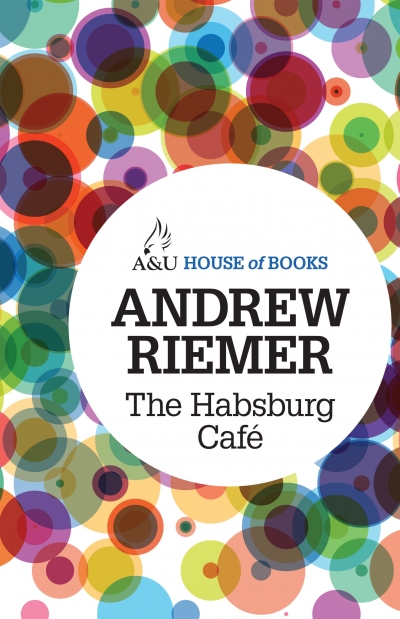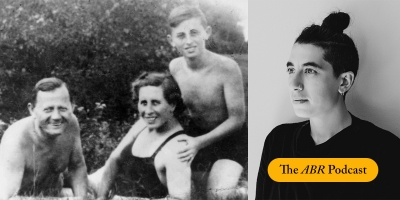Memoir
That the boy depicted in Shannon Burns’s nightmarish memoir survived to write it at the age of forty reflects no credit on society or on those around him. His persistence seems remarkable, given the world he entered.
... (read more)Since his (involuntary) retirement from politics in 2007, John Howard has gone to some lengths to encourage comparisons with Robert Menzies. He authored a lengthy paean to Australia’s longest serving prime minister (2014), appeared in a television series to appraise his leadership and era (2016), and curated an exhibition on him at the Museum of Australian Democracy. And while he does not don the knightly robes that Menzies did on the cover of his volume of essays, The Measure of the Years (1970), Howard does ape Ming’s serene, far-seeing gaze on the dust jacket of this, his third book, A Sense of Balance.
... (read more)‘I want to tell you about a different kind of world, one that exists within the world we live in,’ writes Akuch Kuol Anyieth in her memoir, Unknown, thus inviting her readers to empathise with the singular plight of refugees. For much too long, refugees have been overlooked or rendered invisible; they are confined to refugee camps, detention centres, and hotel rooms, condemned to the margins of society, and denied entry to territories in order to seek safe haven. Anyieth’s endeavour, through the personal medium of the memoir, to foreground the lives and perspectives of refugees is admirable, given that it obliges her to relive past traumas. Unknown is a vivid, embodied portrait of Anyieth’s resilience and her will to overcome.
... (read more)Nicholas Hasluck is that relatively rare combination of practising lawyer and accomplished writer. A former judge of the Supreme Court of Western Australia, he has also produced more than a dozen novels and as many works of non-fiction. This duality of roles is not unknown. Two contemporary examples that come to mind are Jonathan Sumption, who was on the UK Supreme Court and is a medieval historian, and Scott Turow, a Chicago attorney whose works include the trial novel Presumed Innocent (1988).
... (read more)Ostensibly, Life with Birds is about the author’s search for her father, a Vietnam War veteran who died when she was young and whose story she hardly knew. As I read it, though, I was reminded of a line from Svetlana Alexievich’s seminal oral history The Unwomanly Face of War (2017): ‘Women’s stories are different and about different things.’ In the end, Life with Birds is less about men and war than about the women left behind – in this case, three daughters and a wife – and the shape of their lives in the wake of his silence, and then his absence.
... (read more)On 1985, the American poet and essayist Susan Howe deftly jettisoned any pretensions to objectivity in the field of literary analysis with her ground-breaking critical work My Emily Dickinson. The possessive pronoun in Howe’s title says it all: when a writer’s work goes out to its readers, it reignites in any number of imaginative and emotional contexts. What rich and varied screens we project onto everything we read.
... (read more)In this first volume of autobiography, Ruth Park covers her New Zealand years – childhood, adolescence and early challenges of adult life. Episodic and frequently leapfrogging in its chronology, the book is firmly held together by a number of recurring and interweaving themes: the urge to write and the difficulty of acquiring an appropriate education; family relationships, at once close and hedged about with barriers; poverty and the Great Depression; and finally the problem of being ‘different’ combined with the joy of discovering kindred spirits.
... (read more)Looking back over what I guess is my literary life (so hard to distinguish from the other that it’s a bit like leaving a forest and, in a clearing, trying to pick out the path among the trees!). I suppose I could lay claim to being one of the least disappointed or frustrated writers around the place. In part, this may be a tribute to my limited expectations which were nothing if not a reflection of a 1930s childhood when, if it was working-class and semi-itinerant, the philosophy one imbibed was not to ask too much. My brother who with my mother was the essential fountain from which I drew that sustenance which comes in the guise of folk wisdom, was fond of saying: ‘They (meaning whoever the authority-figure was) never put the roof on my lavatory!’ The sacred places were sacralised by a sense of independence which, now I come to think of it, depended upon what seems to me a very traditional Australian view not to expect too much whose lugubrious extreme is summed up in the national beatitude: Blessed is the pessimist, for he shall not be disappointed …
... (read more)Who made the best Sachertorte in the world? Andrew Riemer’s mum. The recipe is lost now, but it came from the Ursuline nuns in Sopron, a small Hungarian town where Andrew Riemer’s mother grew up. This information comes early in The Hapsburg Cafe, which is an account of the author’s second visit to the places of his childhood (the first account being recorded in Inside Outside). I waited and waited for him to go to the Ursuline Convent in Sopron and get the recipe, but the duffer never did. Even though he called a part of the book ‘Remembrance of Things Past’. Men. What’s a Madeleine when you could have a Sachertorte?
... (read more)The runner-up in this year’s Calibre Essay Prize, Sarah Gory’s essay ‘Ghosts, Ghosts Everywhere’ confronts spectres of the past in order to pose questions about how to live ethically in the present and about what responsibilities we bear towards the future. Drawing on a wide range of writers and thinkers as well as her grandfather’s experience of the Holocaust, Gory plots the process by which one generation’s traumatic suffering becomes another’s imaginative investment.
... (read more)

